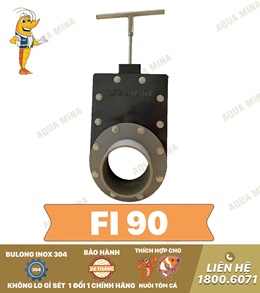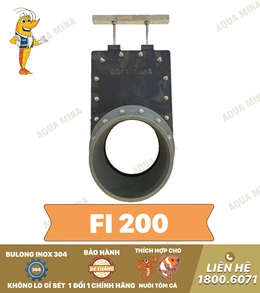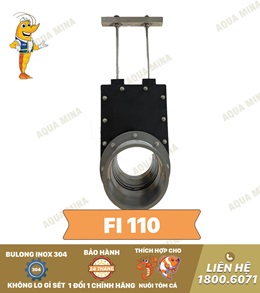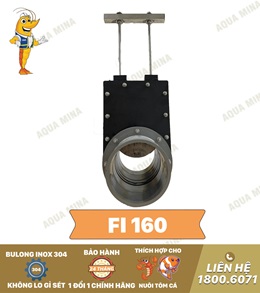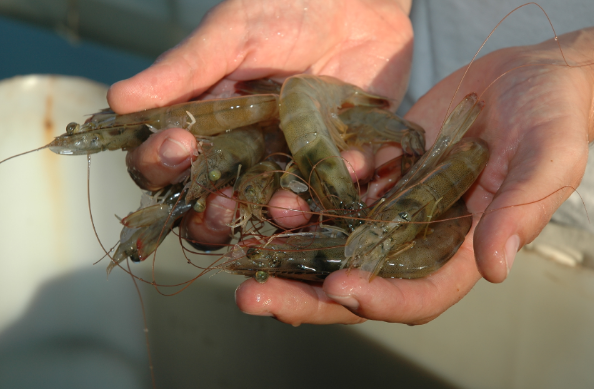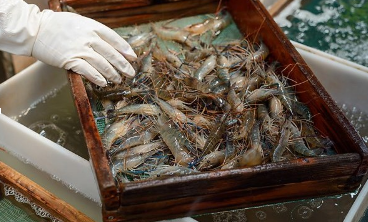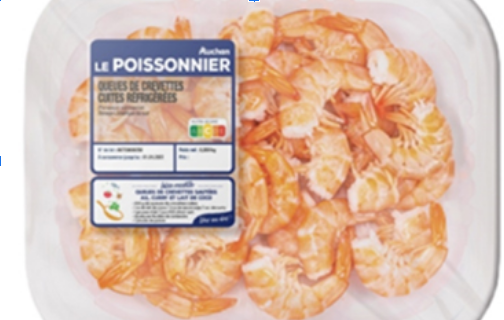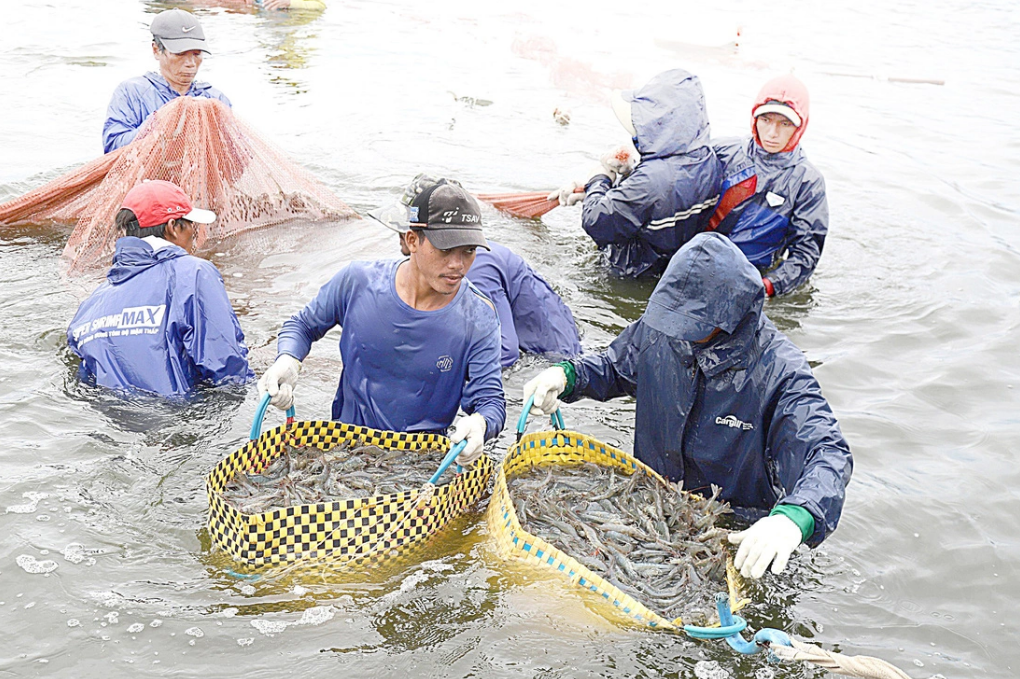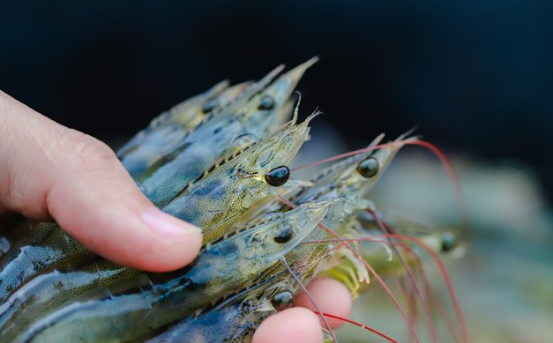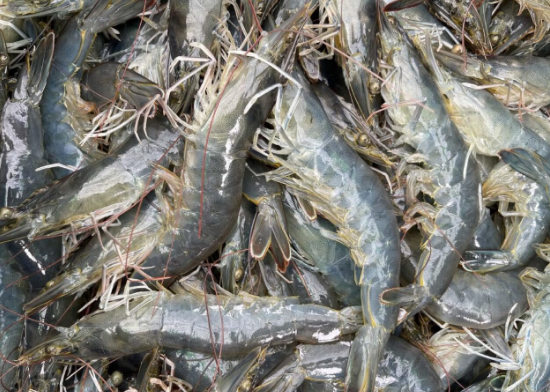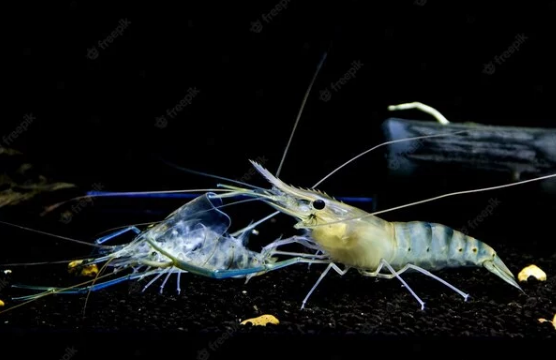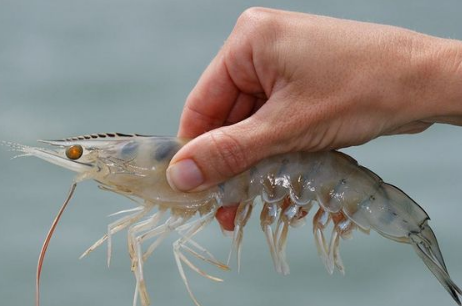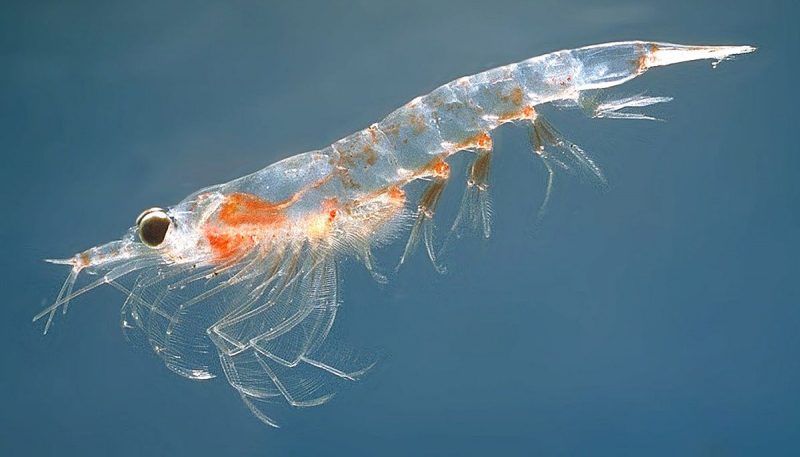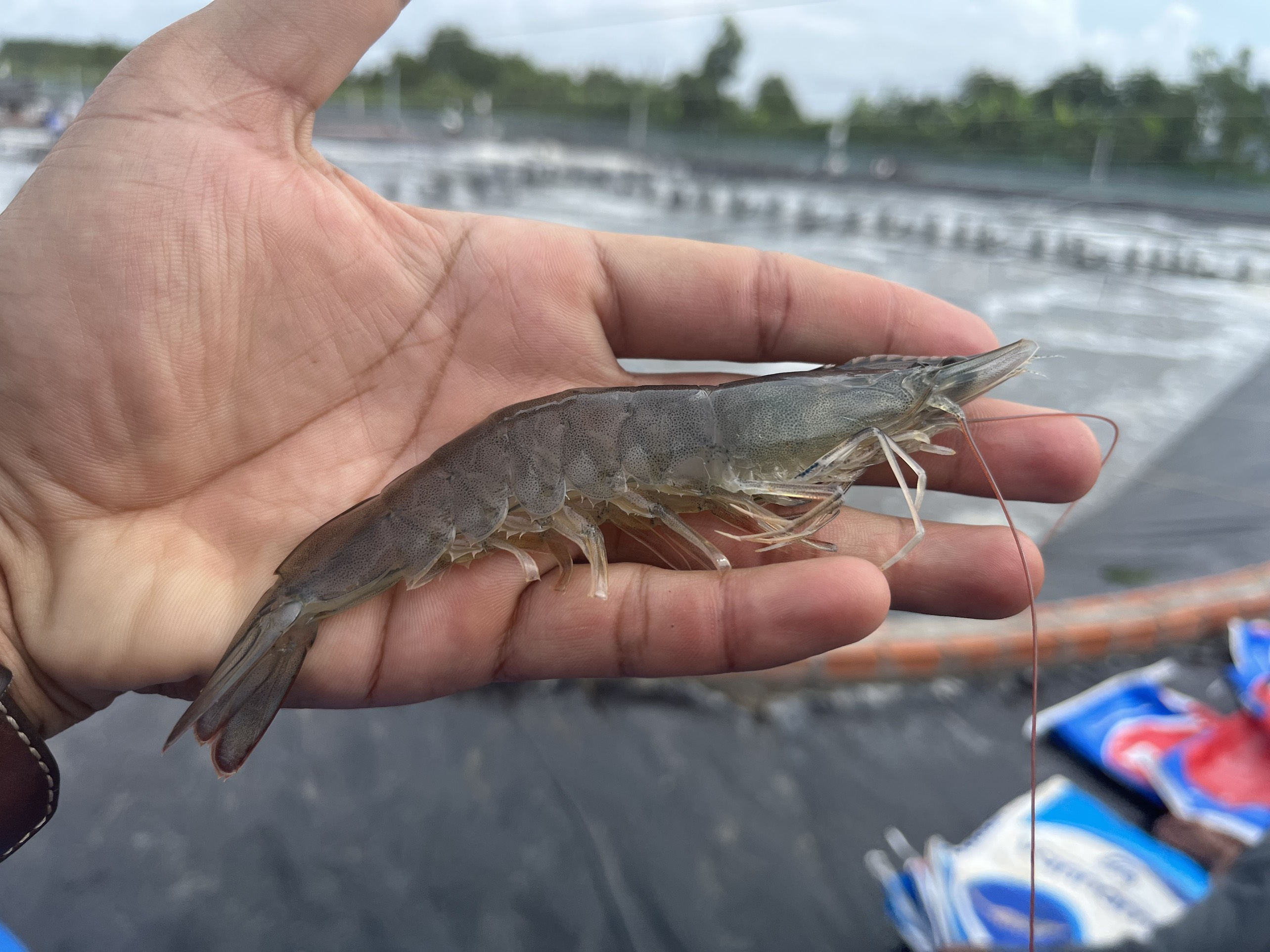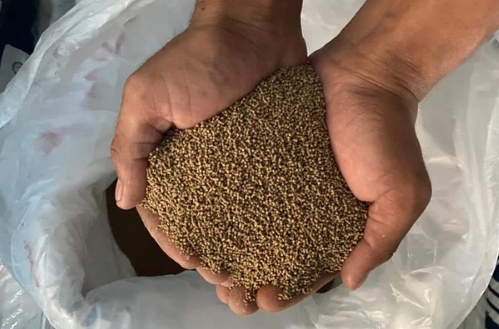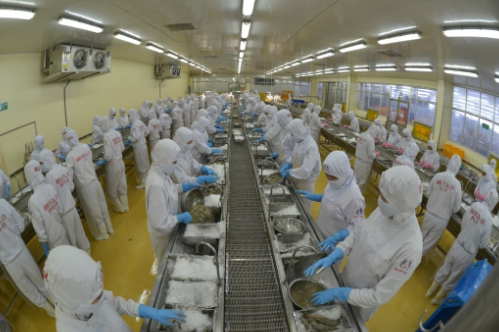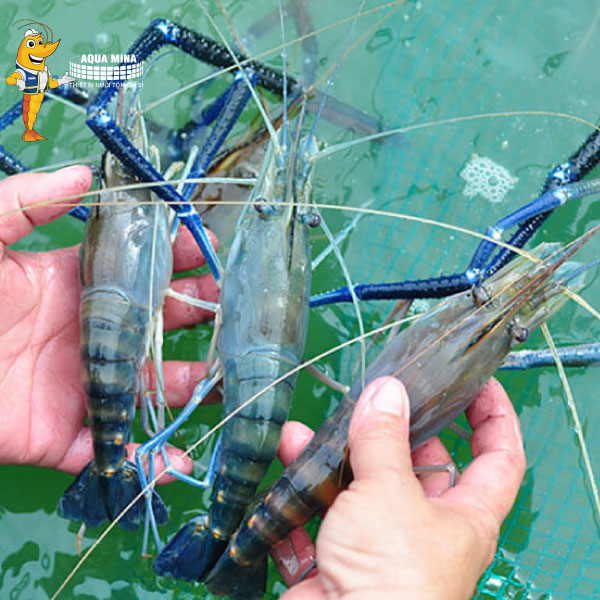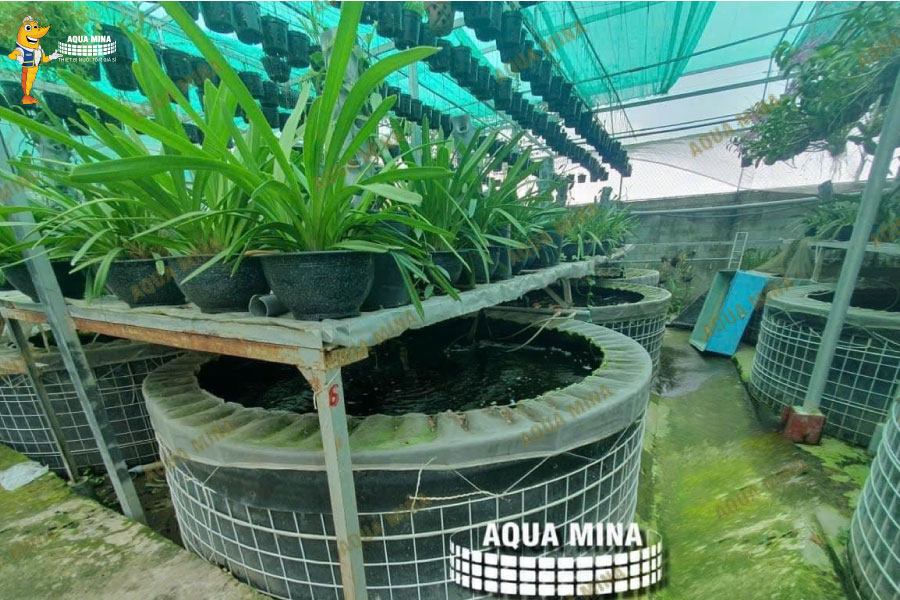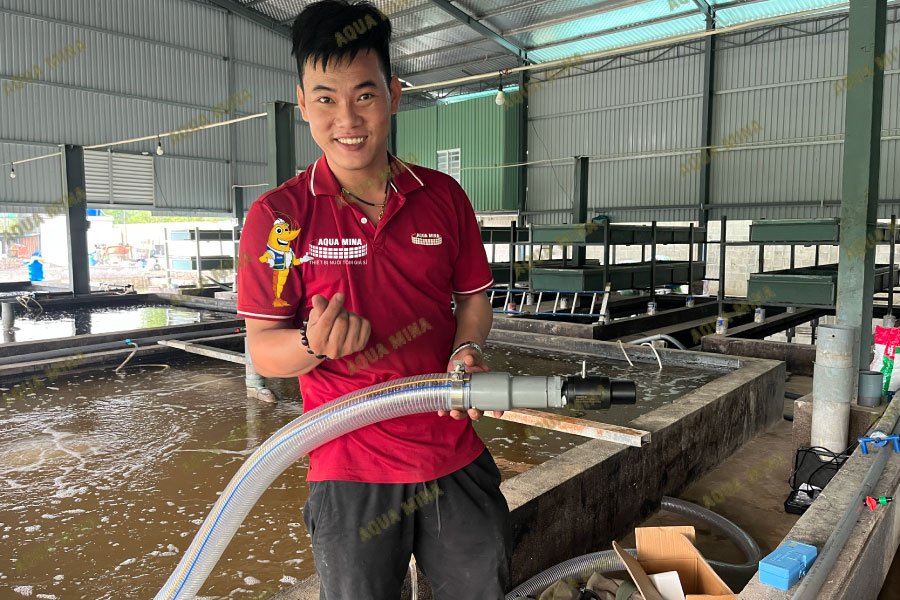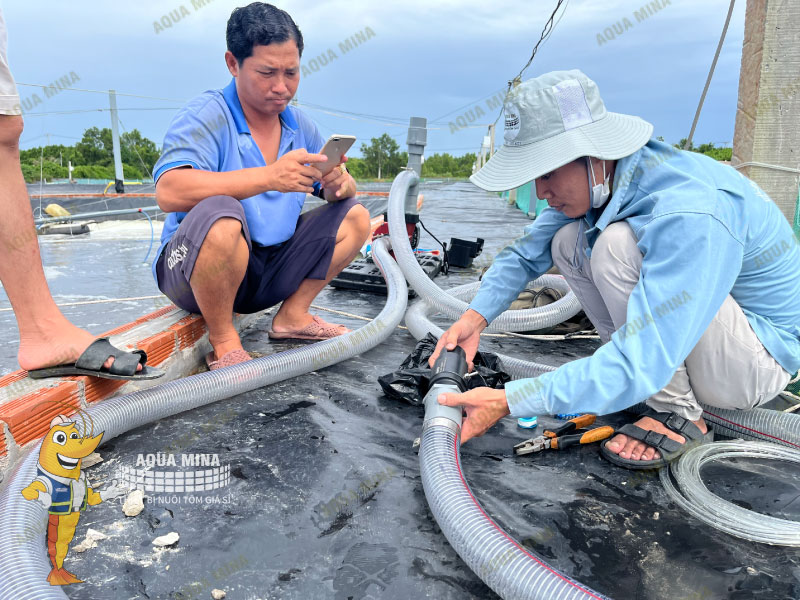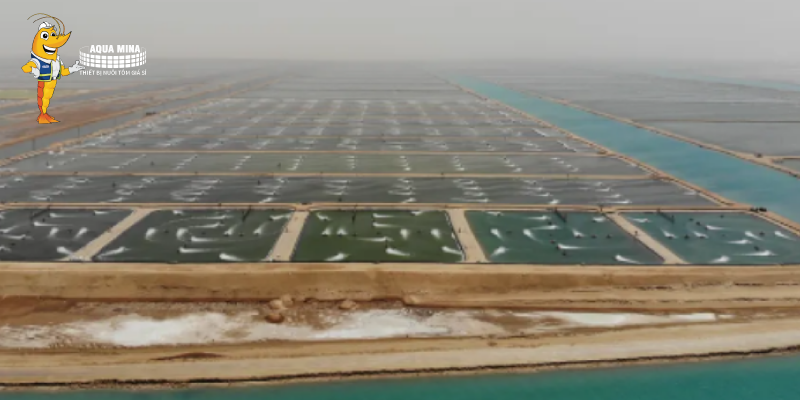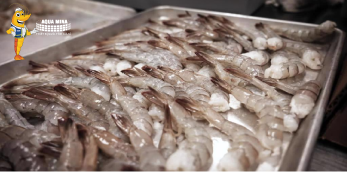Vietnamese shrimp faces new and complicated difficulties
Frozen warm water shrimp products exported to the US continue to be investigated for anti-subsidy with many of the most complex allegations ever.
Created at: 2024-01-25
808 Views
As an export industry with a scale of up to billions of dollars, responding to this lawsuit is considered arduous and difficult, requiring the consensus of relevant businesses and ministries.
Talking to Tuoi Tre, Mr. Trinh Anh Tuan, Director of the Trade Remedies Department (Ministry of Industry and Trade), said that since mid-November 2023, the US has initiated an anti-subsidy investigation into Vietnamese frozen warm water shrimp.
Thus, since the anti-subsidy investigation initiated by the US Department of Commerce (DOC) 10 years ago and we won the case, the shrimp industry is facing new difficulties because this lawsuit is of such complex nature and level. much more complicated.
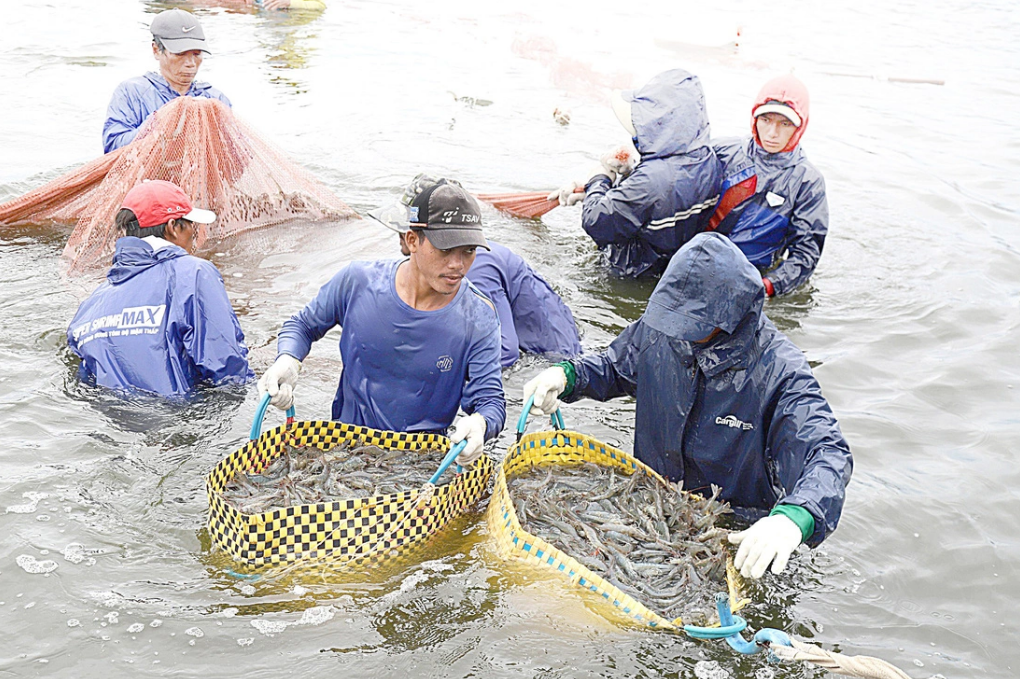
1. Investigated for the second time with many charges.
Over the past 10 years, the current investigation has had a number of changes, including investigating new alleged subsidy programs and changing the list of related businesses, Mr. Trinh Anh Tuan said that up to now the case is in the stage of answering the investigation questionnaire.
It is expected that after the questionnaire response period, the US will issue preliminary conclusions, conduct on-site verification with the Government and businesses, and organize a public consultation session before issuing the final conclusion (on May 2024 if not renewed).
Accordingly, the US is investigating frozen warm water shrimp under the HS codes 0306.17, 1605.21, 1605.29 with the countries under investigation including: Ecuador, India, Indonesia and Vietnam.
In particular, although Vietnam's frozen warm water shrimp products were only investigated for anti-subsidy, the number of plaintiff's alleged programs in the US was much larger, so the DOC decided to investigate all 40 programs. .
This makes Vietnam the country with the highest number of subsidized programs under investigation compared to other countries, including: Ecuador with 15 programs, India with 19 programs, and Indonesia with 15 programs.
Many of the alleged programs have new and complex content, involving many ministries, branches and localities at many different levels.
The alleged program groups include: loans, corporate income tax incentives, receivable exemption programs, land incentives, and group of sponsorship programs. A notable point is that DOC also investigates a series of programs under the fisheries development strategy and fisheries industry development program issued by the Government.
According to Mr. Tuan, the US has brought accusations that the number of subsidy programs under investigation is up to 40 programs, the most among foreign anti-subsidy investigations against Vietnam so far.
These programs involve many ministries and businesses with many establishments in different provinces and cities.
Meanwhile, the deadline for responding to the US questionnaire is quite urgent and very detailed, the content of the request is complex, requiring a lot of information; complex administrative procedure and form requirements; All documents must be translated into English.
Also according to Mr. Tuan, the nature of an anti-subsidy investigation is that the Government is also a party being investigated in the case.
According to assessments, collecting information, synthesizing, and building a questionnaire to answer questions for the Government will be extremely difficult and complicated, requiring close coordination between ministries, localities and associations, businesses and related parties.
Up to now, after receiving information about the case, the department has collected information, requested the investigating agency to conduct an objective, transparent investigation, and comply with the regulations of the World Trade Organization (WTO).
At the same time, coordinate with industry associations, businesses and relevant parties to answer the US survey questionnaire to meet the deadline.
.jpg)
2. The seafood industry will be affected if it loses the lawsuit
Explaining further that the shrimp industry as well as many Vietnamese products are increasingly being investigated by the US for trade remedies, Mr. Do Ngoc Hung - commercial counselor, head of the Vietnam Trade Office in the US - said according to statistics of DOC, in the first 10 months of 2023, trade turnover between the two countries reached 102.5 billion USD.
Of which, Vietnam's exports reached 94.5 billion USD, imports reached 8 billion USD, trade surplus reached 86.5 billion USD - the third highest after China and Mexico (accounting for approximately 10% of the total trade deficit of the US.
Trade defense measures always go hand in hand with export activities. The more exports increase, the greater the risk of being sued. In fact, the US is the WTO member that initiates the most investigations into trade defense cases with Vietnam.
At the same time, this is also the country that investigates all trade defense measures against Vietnam's exported goods such as anti-dumping, anti-subsidy, anti-tax evasion, and self-defense, Mr. Hung said.
Regarding the shrimp case, Mr. Hung said that unlike other trade defense measures, anti-subsidy investigations require the Government to provide information, so in this case, the Government will also participate as a party to answer the questionnaire.
For businesses, the US Department of Commerce will request information regarding whether they enjoy preferential policies or not.
Therefore, businesses, especially those selected as mandatory defendants, need to seriously consider participating in the case, invest resources in pursuing the case, and fully cooperate with the investigation agency throughout the course of the case (from 12 - 18 months).
According to Mr. Trinh Anh Tuan, the shrimp industry is one of the industries with large export turnover in Vietnam, of which the US is the main export market.
Therefore, the final outcome of the case not only affects the businesses selected for investigation, but also affects Vietnam's entire US shrimp export industry.
Mr. Tuan also said that the sharp increase in shrimp exports to the US is considered one of the reasons why the US shrimp production industry continues to request the DOC to investigate anti-subsidy. Therefore, in order to maintain shrimp exports to the US, it is essential to effectively appeal this case.
Currently, the US is also maintaining an anti-dumping tax order on the same shrimp products imported from Vietnam since 2004, but Vietnam's shrimp exports to this country still achieved many positive results, increasing by 77% from 454 million USD in 2012 to 807 million USD in 2022 and reaching a peak of over 1 billion USD in 2021.
Because in case Vietnam is concluded to impose anti-subsidy tariffs higher than those applied to other countries, Vietnam's shrimp products will lose their competitive advantage.
The conclusion of the investigation of the case will affect not only the industry's production, goals and development plans for the fisheries industry, but also affect workers, because natural shrimp farmers are also being investigated for related subsidies.
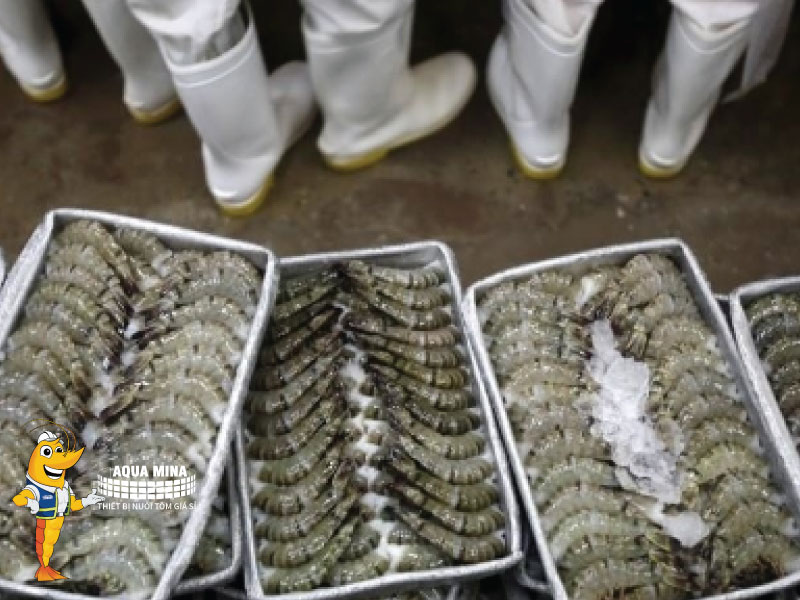
3. We asked the US to proceed objectively and fairly
According to Mr. Trinh Anh Tuan, the US is tending to apply more and more measures to protect domestic production against the pressure of imported goods such as strengthening technical barriers, regularly adding new regulations, increasing investigations and subsequent imposition of anti-dumping, anti-subsidy, anti-evasion taxes... make importing goods into this market increasingly difficult. This trend is expected to continue to apply in the near future.
As of mid-December 2023, the US is the country that initiated the most trade defense investigations against Vietnam, with a total of 59 cases, accounting for nearly 25% of the total number of investigation cases involving Vietnamese exports.
The items under investigation are relatively diverse, from Vietnam's main export industries such as steel, wood, seafood, textiles, tires, high pressure washers… to products with small export turnover such as honey, lawn mowers, foam mattresses, woven bags…
Mr. Tuan said that the Ministry of Industry and Trade has repeatedly asked the US to conduct investigations with Vietnam on an objective and fair basis, creating conditions for Vietnamese export enterprises to have enough time to explain and provide information to investigative agencies.
In September 2023, the ministry also officially submitted a request to DOC to consider recognizing Vietnam as a market economy in trade defense cases.
Being recognized as a market economy will help Vietnamese businesses have their data used by the US investigation agency, instead of using data from alternative countries, from there, the trade defense tax rate will be more fair. It is expected that DOC will issue a conclusion on this issue in July 2024, if not extended.
To avoid the risk of being investigated and respond to trade defense lawsuits, Mr. Do Ngoc Hung suggested that businesses need to be equipped with full knowledge about trade defense and register to participate in defense knowledge consulting activities from authorities.
The Ministry of Industry and Trade also periodically updates the list of early warning lawsuits and export activities, preparing to proactively respond to lawsuits that may occur at any time through the arrangement of documents, reports, and accounting…
At the same time, closely coordinate with associations, trade agencies, and state management to share information, have appropriate business plans, and be ready to respond to lawsuits.
According to Mr. Trinh Anh Tuan, Vietnamese businesses need to equip and update knowledge about trade defense legal regulations of the WTO and the US.
Businesses need to build relationships, participate, and cooperate with relevant associations in the US such as the import-export association to get more information, increase exchange, and avoid lawsuits by US businesses. Complete the accounting book system and traceability to serve the inspection work of the importing country's authorities.
At the same time, businesses need to regularly discuss with domestic management agencies and trade agencies about the situation, developments in exports, and the risk of trade defense lawsuits when developing production, export plans and develop a timely response plan when an incident occurs.
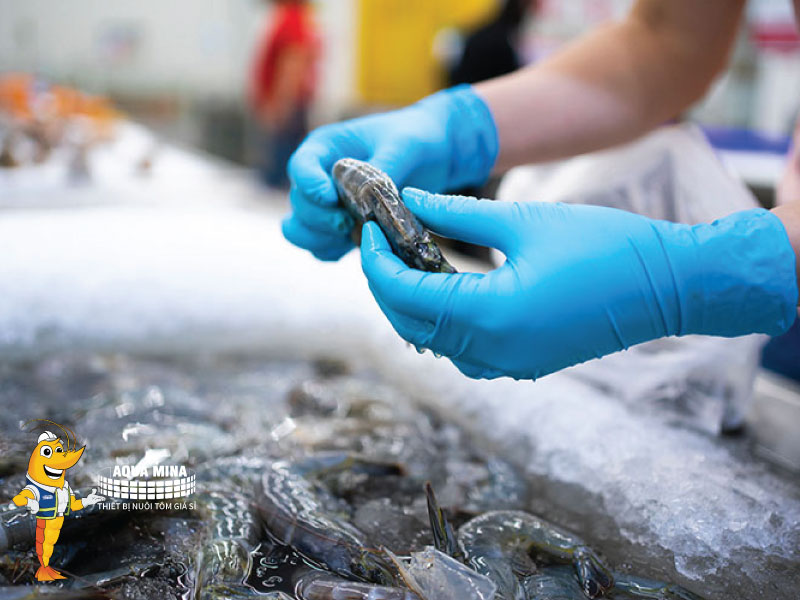
4. What is an anti-subsidy lawsuit ?
This is essentially a process of lawsuit - investigation - conclusion - application of anti-subsidy measures (also known as countervailing measures) that the importing country conducts against a type of goods imported from a certain country when there are suspicions that the goods are subsidized (except green light subsidies) and cause significant damage to the industry producing similar products of the importing country.
Although often called a lawsuit (as it is called in Vietnam), this is not a court proceeding but an administrative procedure and is carried out by the importing country's administrative agency.
This procedure concerns the domestic industry on one side and foreign manufacturers and exporters on the other. Unlike anti-dumping procedures, anti-subsidy lawsuits involve the Government of the exporting country (because it involves Government subsidies).
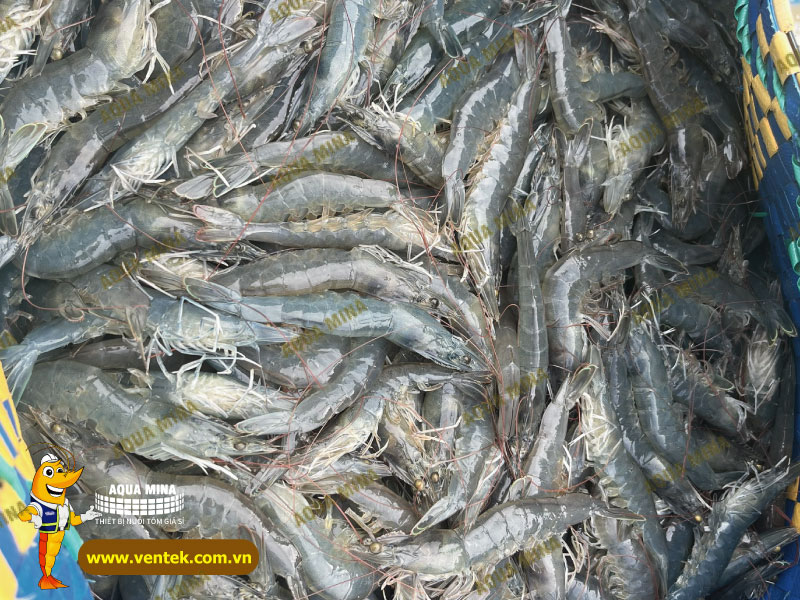
Source: tuoitre





